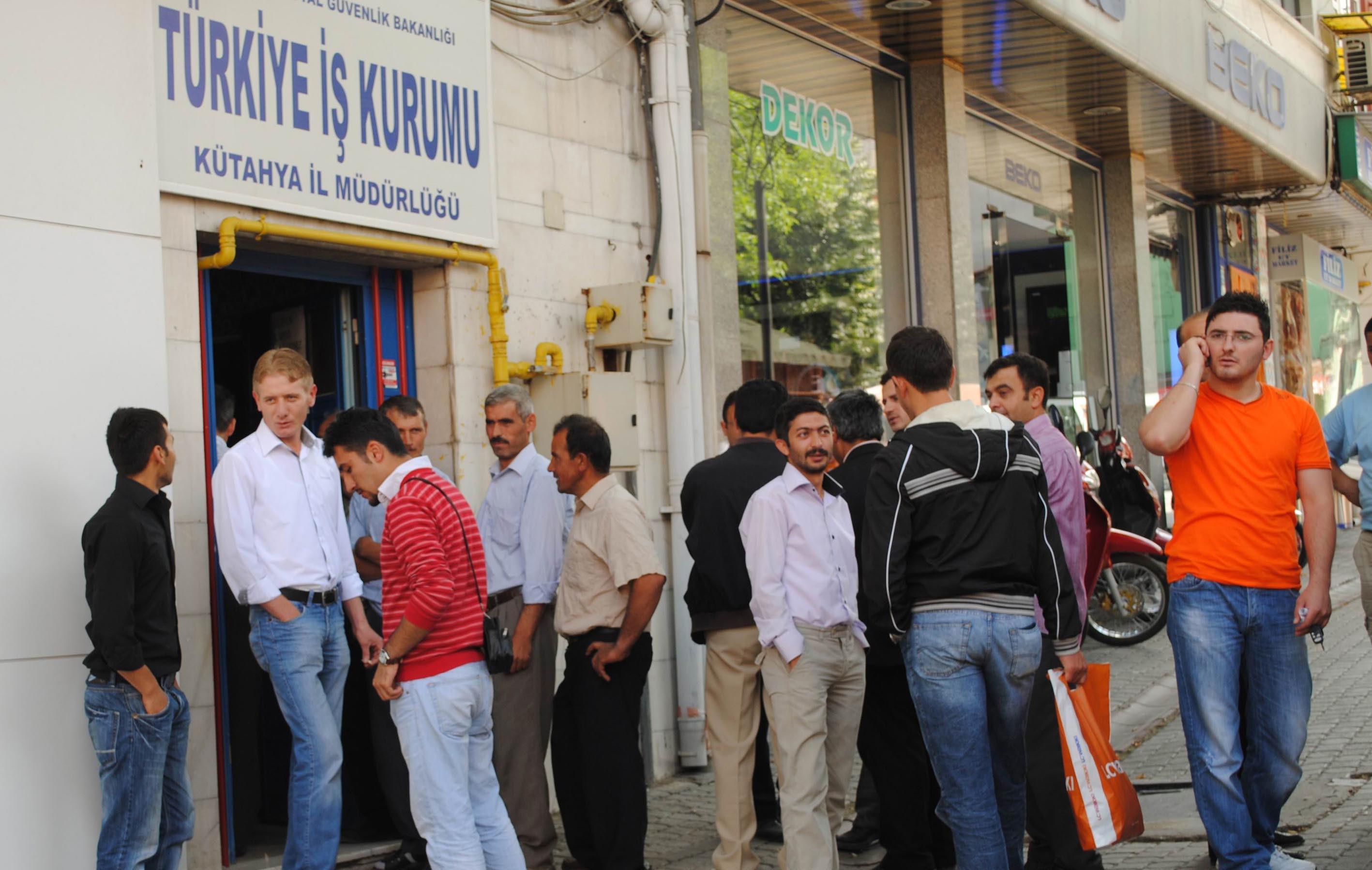
As of September 2018, youth unemployment in Turkey stands at 19.4%, a very high ratio by any standard. Youth unemployment is a very serious issue with broad consequences, ranging from the loss of young talents to a skills crisis, from social security issues to social harmony matters.
The Turkish age bracket of 15 to 24 seems to be the hardest hit by this problem, which then needs to rely on their families for their livelihood. It is clear that serious long-term reforms need to be undertaken in order to improve the job market in terms of sector orientation, industrialisation, and technological focus in the education process. However, since youth unemployment is a relatively urgent matter, there are some immediate measures within the scope of existing Turkish legislation that Turkey can employ in order to help its youth. The most available measure concerns Labour market regulations.
Clearly, every country’s priority and obligation are to first promote the interests of its own citizens, particularly in the job market. Having a well-regulated job market is not only necessary for maintaining the locals’ quality of life, but it is also important for maintaining safety and security measures required by the International Labour Organization. In this sense, our country needs to regulate the Turkish job market and apply existing laws more stringently. In other words, we cannot have an open-door policy for all illegal immigrants entering our borders without any controls thus creating a context of brutal wage dumping. This is not a healthy situation, especially when thinking about the future of younger generations.
Applying some form of job market protection in the Turkish context is needed. Measures such as strict work permit processing, rigorous qualifications equivalence procedures, border controls, and language requirements are totally acceptable and common practice. Job market protectionism is broadly applied within the European Union.
We all know of the level of paperwork and restrictions that European Turks face in order to live and work in Europe. For example, Turkish diplomas and qualifications from medical universities are not recognized in some European countries and many Turkish doctors require equivalence studies that might take up to four years.
The drudgery that many Turkish businessmen have to endure to obtain a simple Schengen visa also shows just how liberal and easy-going Turkey has been vis-à-vis immigrants. Since this over-liberalism cannot go on forever, we need to regulate and protect our Labour market for the sake of our youth.
Given the huge number of immigrants from the war-torn Middle East, our country has already done a lot. We have received very little outside support and it was mostly Turkish tax payers who graciously financed the stay of millions of refugees. While Turkey’s intentions are humanitarian and noble, the country should not and cannot shoulder more than what it is already doing.
In line with international agreements and UNHCR policies, all countries need to perform their fair Undoubtedly, the best solution for the world will be the return of peace and calm to the Middle East so that all refugees can return back safely to their homes.
In the meantime, however, we should re-discuss with the International community, including the EU, Russia, the USA and big Middle Eastern countries to see if they can alleviate Turkey’s burden by taking in some of those we have been hosting. After all, according to international agreements and UNHCR policies, it is only right for all countries to perform their shares as well.